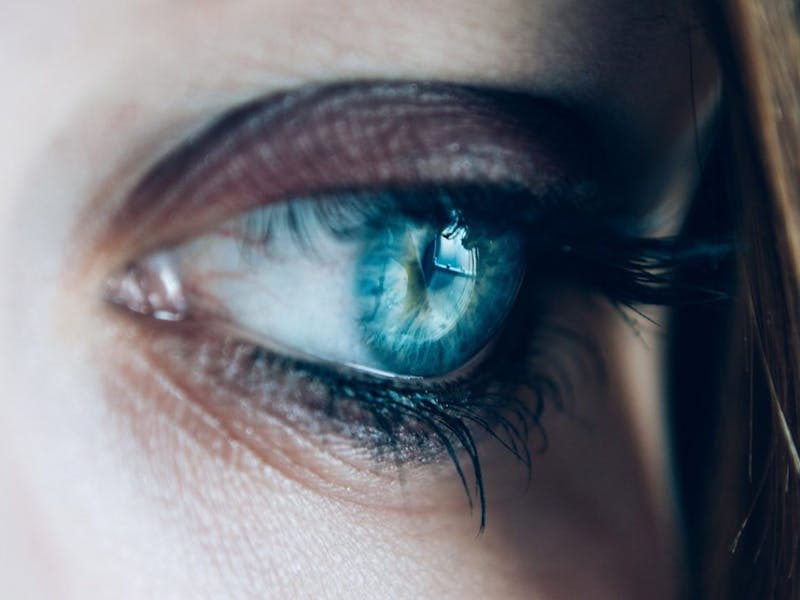
When people think they may have an eye disease, they immediately wonder if they will lose their sight completely. The good news is that most eye diseases do not result in total blindness. Instead, they just impair vision. This may lead people to simply adapting to the change in their eyesight.
Impaired Eyesight vs. Blindness
Understanding the difference between impaired eyesight and blindness can help people know whether their eye disease will cause blindness. When someone is blind, the person does not have any light perception. In other words, the person cannot tell the difference between light and dark.
Impaired eyesight is when someone can still see something. They may have a hard time making certain shapes out, but they are still able to tell what objects are around them. They may need corrective lenses to improve their sight.
Eye Diseases Causing Blindness
With the definition of blindness out of the way, the following are the diseases that cause absolute blindness.
- Age-Related Macular Degeneration (AMD)
As people age, they may suffer from a loss of functioning in the macula, which is the center part of the retina. People who only have one macula damaged are still able to see out of the other eye, while those with both affected are considered blind. This is true even though many people with this condition can see shapes and movement in their peripheral vision.
AMD is preventable by eating healthy and not smoking. Those who are diagnosed early with the condition can have medicines injected into the eye to help slow or stop vision loss. It’s important to speak to your eye doctor if you believe you may have AMD.
- Retinitis Pigmentosa
This is a genetic disease that affects the retina. It causes people to have “tunnel vision,” which is marked by just seeing out of a small space in the center of the retina. What’s interesting about this condition is that people may be able to see through that small opening, but since they have such a small visual field, they are considered legally blind by the government.
Treatment is available for retinitis pigmentosa. Retinal gene therapy has been approved by the FDA and it’s been developed to help stop the progression of the disease. The RPE65 gene is injected into the rentinas, which can correct gene mutations.
- Diabetic Retinopathy
People suffering from diabetes may suffer from this eye disease. The retina swells, bleeds, and can even detach leading to vision loss. While there isn’t a treatment for it, the disease is preventable by controlling blood sugar, blood pressure, and getting regular eye exams.
- Glaucoma
Glaucoma can lead to blindness because the disease kills retinal neurons, which is responsible for sending the signal from the eye to the brain. The disease does progress slowly and medications and/or surgery is available to slow it down even more or stop the progression completely. The best outcomes come from early diagnosis and treatment.
- Cataract
Cataracts leads to clouding of the lens, which keeps light from reaching the retina. Surgery can remove the cloud and replace it with a clear plastic cover to improve vision.
Preventing Blindness Due to Eye Disease
Blindness does not have to be a result of eye disease. Protect your eyesight as much as possible, and seek routine eye exams. If there is any problem with your eyesight, contact an eye specialist right away, especially if you have a family history of eye diseases. The earlier an eye disease is detected, the better the prognosis can be with it.
Kelly Vision Center helps people living in and around Suffolk County preserve their sight. Contact our eye doctor in NYC now for an appointment.


